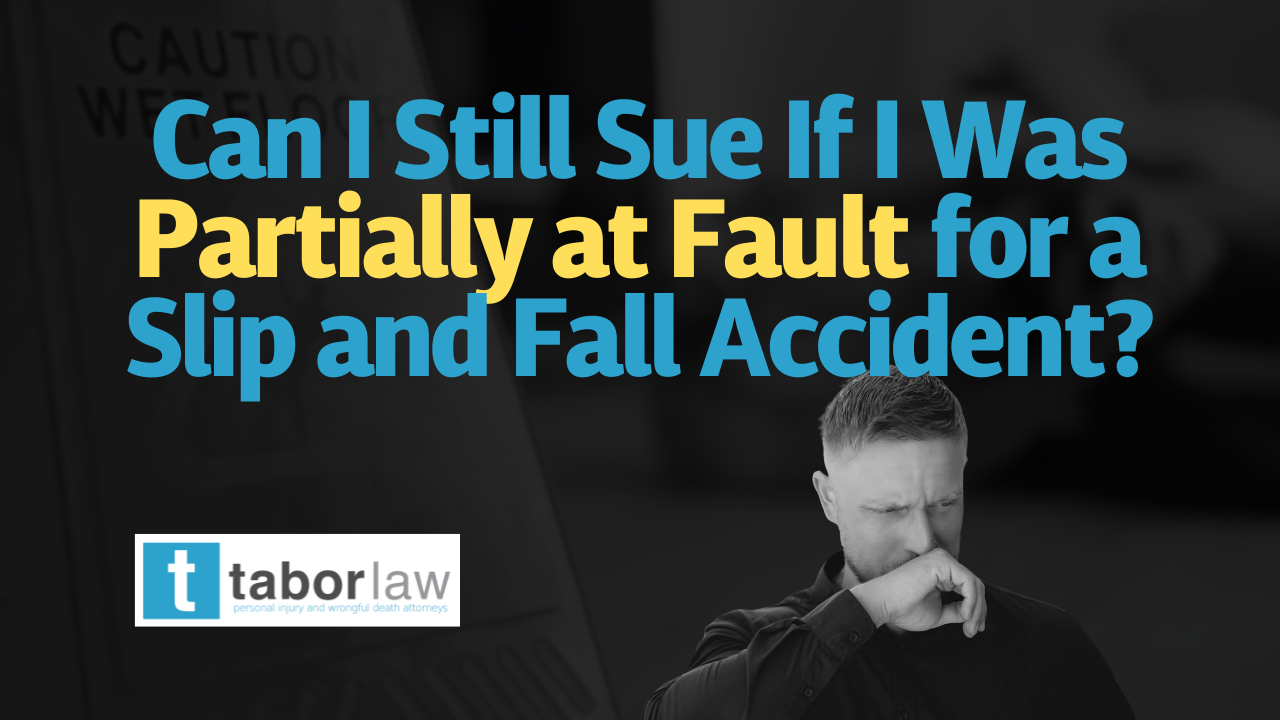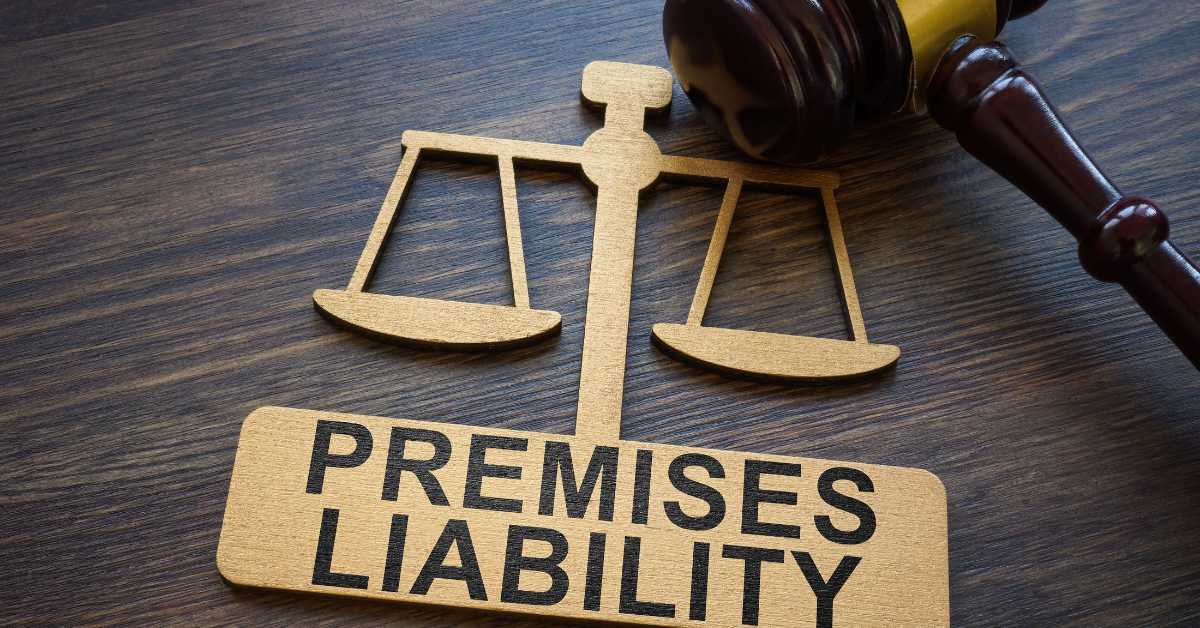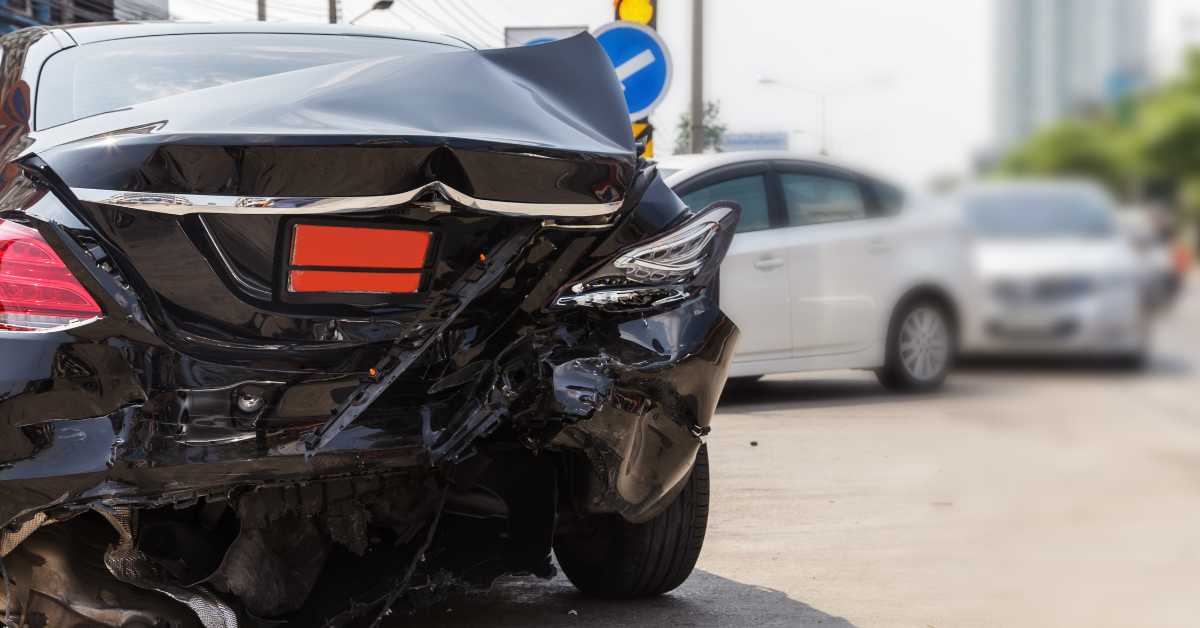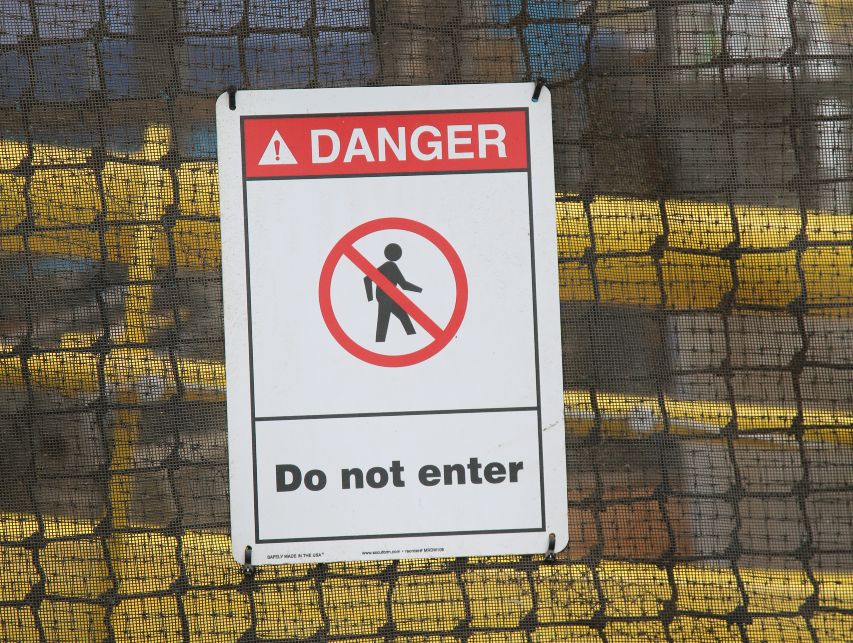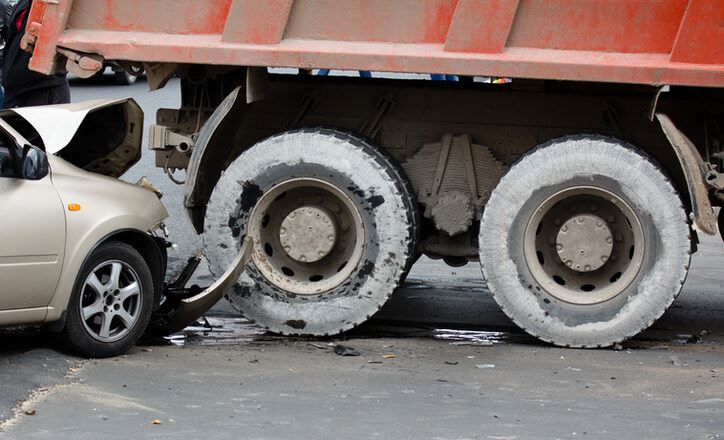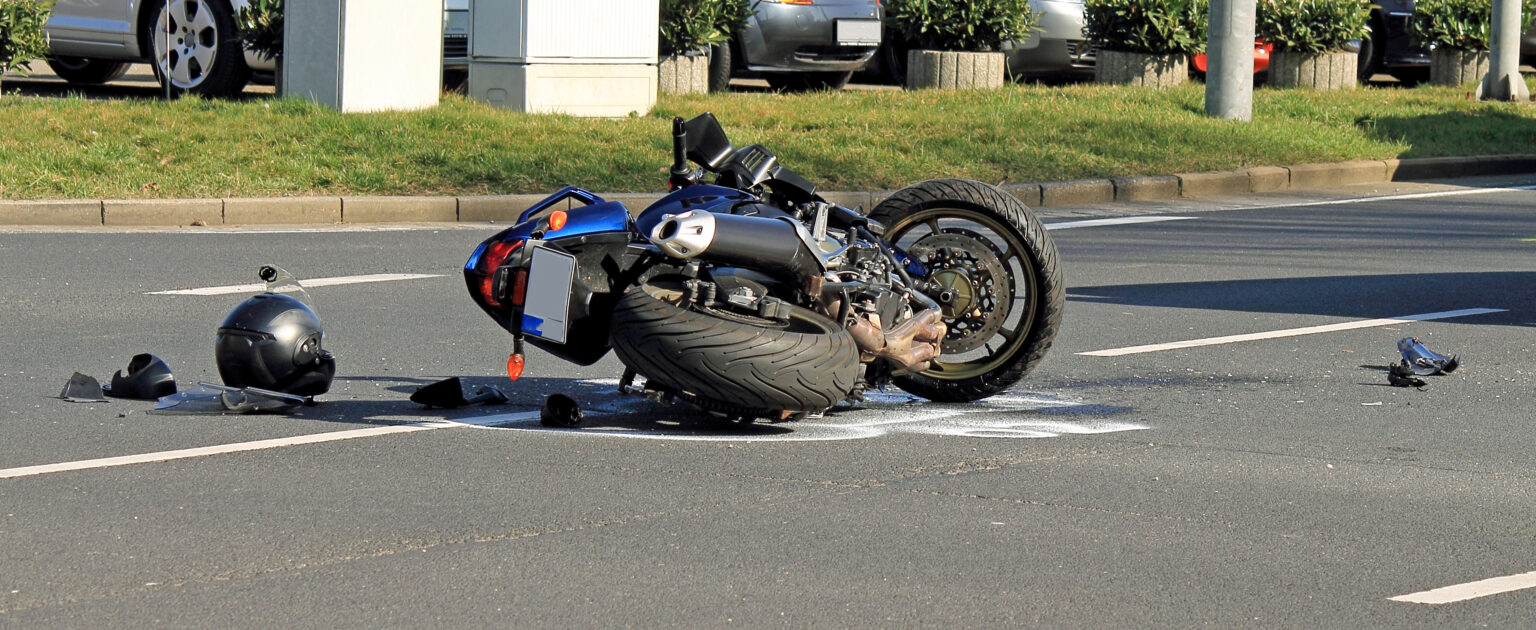What Is the Statute of Limitations for Indiana Personal Injury Cases?

If you’ve fallen in a store or someone crashed into your car, going after the at-fault party for compensation likely isn’t the first thought on your mind. But if you plan to file a personal injury claim, you must do so quickly or risk passing the statute of limitations for Indiana personal injury cases.
Below, you’ll learn what the statute of limitations is, the deadline for specific kinds of cases, and exceptions that may allow you to extend the deadline.
The General Statute of Limitations in Indiana
The majority of personal injury cases fall under Indiana’s general two-year statute of limitations. This includes cases such as:
- Auto accidents (cars, trucks, buses, motorcycles, etc.)
- Premises liability, such as slip-and-falls
- Dog bites
- Intentional misconduct claims, such as false imprisonment and assault
- Defamation (false statements about you)
You must file a claim within two years of your accident or incident date; if you don’t, you can’t recover damages.
Deadlines for Specific Types of Cases
The general statute of limitations in Indiana doesn’t apply to all types of personal injury cases. Here are the deadlines for specific case types:
- Defective and dangerous products: If you’re injured by a defective or dangerous product, you must file a product liability claim within two years of the injury.
- Asbestos injuries: You must file a claim within two years of discovering your asbestos-related injury, which may be some time after the exposure actually occurred.
- Medical malpractice: Generally, you have two years from the date of injury to start a malpractice claim. If the victim was under six years old, they have until their eighth birthday to make a claim.
Deadlines for Suing the State of Indiana and Political Subdivisions
If the State of Indiana or its political subdivisions were responsible for your injuries, matters become much more complicated. You can only sue the state if you provide notice of your intent to sue to the attorney general or appropriate agency within 270 days of your injury. You must provide this notice by registered or certified mail.
If you plan to sue a subdivision, the deadline is even shorter. You must provide notice within 180 days of your injury. Give written notice to:
- The subdivision’s governing body, and
- The Indiana Political Subdivision Risk Management Commission (if the subdivision is a member)
Extending the Deadline
Is it possible to extend the statute of limitations in Indiana? In some cases, yes. For example, if you didn’t realize that you were injured right away, you might have longer to file a claim under the state’s discovery rule. If the discovery rule applies, you must file a claim from the date you should have reasonably discovered the injury.
The statute of limitations may also be paused if the plaintiff (the one filing suit) is considered legally disabled. For example, if you had a truck accident that put you in a coma, you couldn’t reasonably be expected to file a claim until after you wake up.
Additionally, if the defendant attempts to conceal their liability, flees the state before you can file a claim, or isn’t a resident of Indiana, the statute of limitations is paused. There is an exception if there’s someone in the state who can accept the service of your lawsuit on behalf of the defendant.
Start Your Personal Injury Claim Today
If been involved in an accident and want to recover damages, it’s smart to start the legal process as soon as possible. Our attorneys can explain the state’s comparative negligence rule, gather strong evidence, negotiate for a settlement, and ensure that you adhere to the statute of limitations.
For a consultation regarding the statute of limitations in Indiana, call Tabor Law Firm at 317-236-9000 or contact us online.
Categories:
Related Blog

How Can Birth Injuries Be Prevented and What Are My Rights If My Child Is Injured?

Roy T. Tabor of Tabor Law Firm Recognized in The Best Lawyers in America 2025 Edition

Pedestrian Safety in Downtown Indianapolis Has Become a Hot Topic. What Can You Do to Protect Yourself?

Bicycle Accidents are on the Rise in Indiana. What Can You Do to Prevent a Bicycle Accident?

Understanding the Causes of Motorcycle Accidents in Indianapolis: An Analysis of Recent Data

Indianapolis Drunk Driving Accidents and How to Handle them with a Personal Injury Attorney

Two Mothers & Two 12-year-old Daughters Killed in Crash While Headed to Volleyball Tournament


